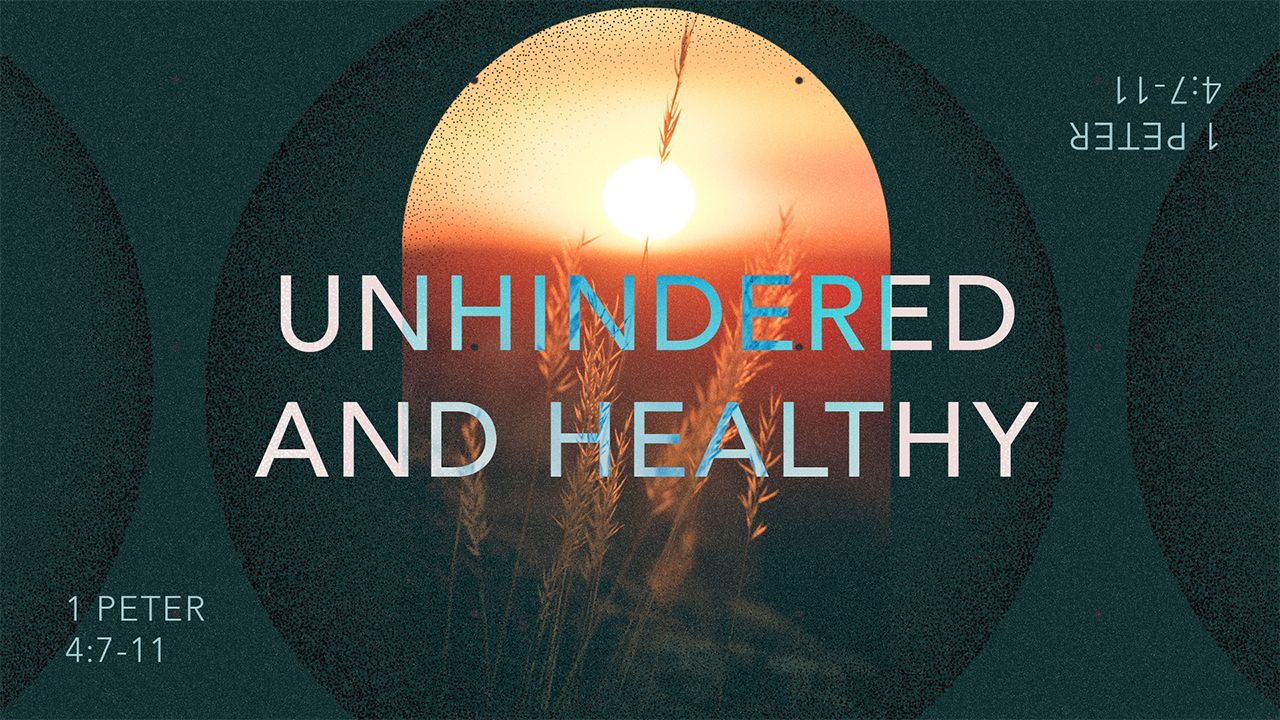Contributing to the Mission
November 15, 2023
Notes from Ky Martin's sermon on Sunday, November 12, 2023.
Sermon text: 2 Corinthians 8:1-15
- We should give gladly and willingly.
- Not out of pressure. (2 Cor. 9:6-7)
- Our gifts are merited not by amount, but by ability. (2 Cor. 8:12)
- “The rich, on the one hand, owe to God a larger offering. And the poor, on the other hand, ought not to be ashamed of their slender resources.” - John Calvin
- We should be encouraged to give generously:
- By our ability (2 Cor. 8:13-14)
- By others’ examples (2 Cor. 9:2, 4)
- By the example of Jesus (2 Cor. 8:9)
- By God’s provision (2 Cor. 8:15)
Discipleship Questions:
- In this passage, Paul cautions against giving because we are pressured by others to do so…
- Do you ever struggle with giving that is done “reluctantly or under compulsion” (2 Cor. 9:7)?
- In that same passage, he says each should instead give what he “has decided in his own heart to give.” Explain, in your own words, the difference between these two approaches or motivations.
- What’s the difference in someone encouraging others to give in a godly way and someone who’s pressuring or manipulating others in that way?
- At least four things were listed in this text that should encourage us to be generous (our ability, others’ examples, the example of Jesus, and God’ provision). Which of those is the most significant motivator for you in your giving?
- How does giving generously and regularly help you grow as a Christian?

Notes from Ky Martin's sermon on Sunday, June 29, 2025. Sermon text: 1 Peter 5:1-4 Gen. 1:1-2 In the beginning, God created the heavens and the earth. 2 The earth was without form and void, and darkness was over the face of the deep. And the Spirit of God was hovering over the face of the waters. 3 And God said, “Let there be light,” and there was light. Churches should be led by a plurality of elders. Acts 11:30, Acts 14:23, Acts 15, Acts 16:4, Acts 17:1, Acts 20:28, Acts 21:17, Philippians 1:1, 1 Timothy 3:2, 1 Timothy 4:14, 1 Timothy 5:17, Titus 1:5, Titus 1:7, James 5:14 Instructions for Pastors: Shepherd God’s flock The words “God’s flock” remind the elders that the congregation does not belong to them. It is God’s church, and they are given the privilege and responsibility of shepherding it. -Thomas R. Schreiner Exercise oversight Oversee willingly (not under compulsion) 1 Cor. 9:16 For if I preach the gospel, that gives me no ground for boasting. For necessity is laid upon me. Woe to me if I do not preach the gospel! Oversee eagerly (not for shameful gain) 2 Cor. 2:17 For we are not, like so many, peddlers of God’s word, but as men of sincerity, as commissioned by God, in the sight of God we speak in Christ. Lead by example (not domineering) Strive for Humility 1. Pure Christian humility disposes a person to take notice of everything that is good in others, and to make the best of it, and to diminish their failings. - Jonathan Edwards The Chief Shepherd is Coming Shepherds God’s flock Exercises oversight 1 Peter 2:25 For you were straying like sheep, but have now returned to the Shepherd and Overseer of your souls. Oversees willingly (not under compulsion) Oversees eagerly (not for shameful gain) 2 Corinthians 8:9 For you know the grace of our Lord Jesus Christ, that though he was rich, yet for your sake he became poor, so that you by his poverty might become rich. Leads by example (not domineering) Hebrews 2:8b-9 we do not yet see everything in subjection to him. 9 But we see him who for a little while was made lower than the angels, namely Jesus, crowned with glory and honor because of the suffering of death, so that by the grace of God he might taste death for everyone. Discipleship Questions: What are some of the benefits of having multiple elders? How would you define the job / responsibilities of an elder? If you were to move to a new area tomorrow, what would you be looking for in a new church? Why, do you think, the “younger” are specifically instructed to be subject to the elders? How does someone who is “clothed in humility toward one another” behave in the church? Out of the five pastors at Crosspoint, who is your favorite? (just kidding, don’t ask that).

Notes from Lance Shumake's sermon on Sunday, June 22, 2025. Sermon text: 1 Peter 4:12-19 We shouldn’t be surprised when we encounter suffering John 15:18–20 [18] “If the world hates you, know that it has hated me before it hated you. [19] If you were of the world, the world would love you as its own; but because you are not of the world, but I chose you out of the world, therefore the world hates you. [20] Remember the word that I said to you: ‘A servant is not greater than his master.’ If they persecuted me, they will also persecute you. 2 Timothy 3:12 Indeed, all who desire to live a godly life in Christ Jesus will be persecuted We can rejoice knowing we are sharing in Christ’s suffering Matthew 5:11–12 [11] “Blessed are you when others revile you and persecute you and utter all kinds of evil against you falsely on my account. [12] Rejoice and be glad, for your reward is great in heaven, for so they persecuted the prophets who were before you. We don’t bring glory to God when we suffer for doing wrong We should choose to glorify God instead of being ashamed We should live in light of the coming judgment of God “Peter shows the meaning of our suffering from two sides. First, our suffering for Christ finds its significance in Christ’s suffering for us. We share now in suffering for him as we shall one day share in glory with him (4:13; 5:1). Secondly, our suffering does not destroy us, but purifies us. The fire of God’s judgment that we endure is not the fire of wrath that will consume the unbelieving.” —Edmund P. Clowney, The Message of 1 Peter We can entrust our souls to our faithful Creator Discipleship Questions: Why is it our tendency to be surprised when we encounter suffering? What are some reasons for rejoicing when you encounter suffering? Why is it so tempting to classify all suffering as persecution, even when we suffer for doing wrong? How can you resist feeling ashamed when you suffer for being a Christian? How do you think God uses suffering to purify His church? How does entrusting your soul to God help you find hope?

Notes from Scott Sutton's sermon on Sunday, June 15, 2025. Sermon text: 1 Peter 4:7-11 Would you know if your prayers were hindered? How would you know? What causes prayers to be more fruitful? What causes prayers to be interrupted? What hinders our prayers? Not living with your spouse in an understanding way A lack of sober mindedness and self-control Hindered prayers hurt our relationships A lack of self-control… letting your flesh rule you will never result in healthy relationships. A lack of sober mindedness… letting your thoughts rule you will never result in healthy relationships. Self-control and sober minded prayer are those inward things that result in outward expressions. They ready us to set our focus and affections on other people. Application: Keep loving one another earnestly Aim to cover a multitude of sins Make your home available to others Make your gifts available to others Speaking Serving Discipleship Questions: Have you ever become aware that your prayers are hindered? How did you know? What are some practical steps that we can take to strengthen our prayer lives? How do hindered prayers hurt our relationships? How do unhindered prayers strengthen our relationships? What are some practical ways that we can aim to cover a multitude of sins? Define at least 2 practical ways in which you will make your home and your gifts available to others this week. How has your life been impacted by others who have made their homes and their gifts available to you?


